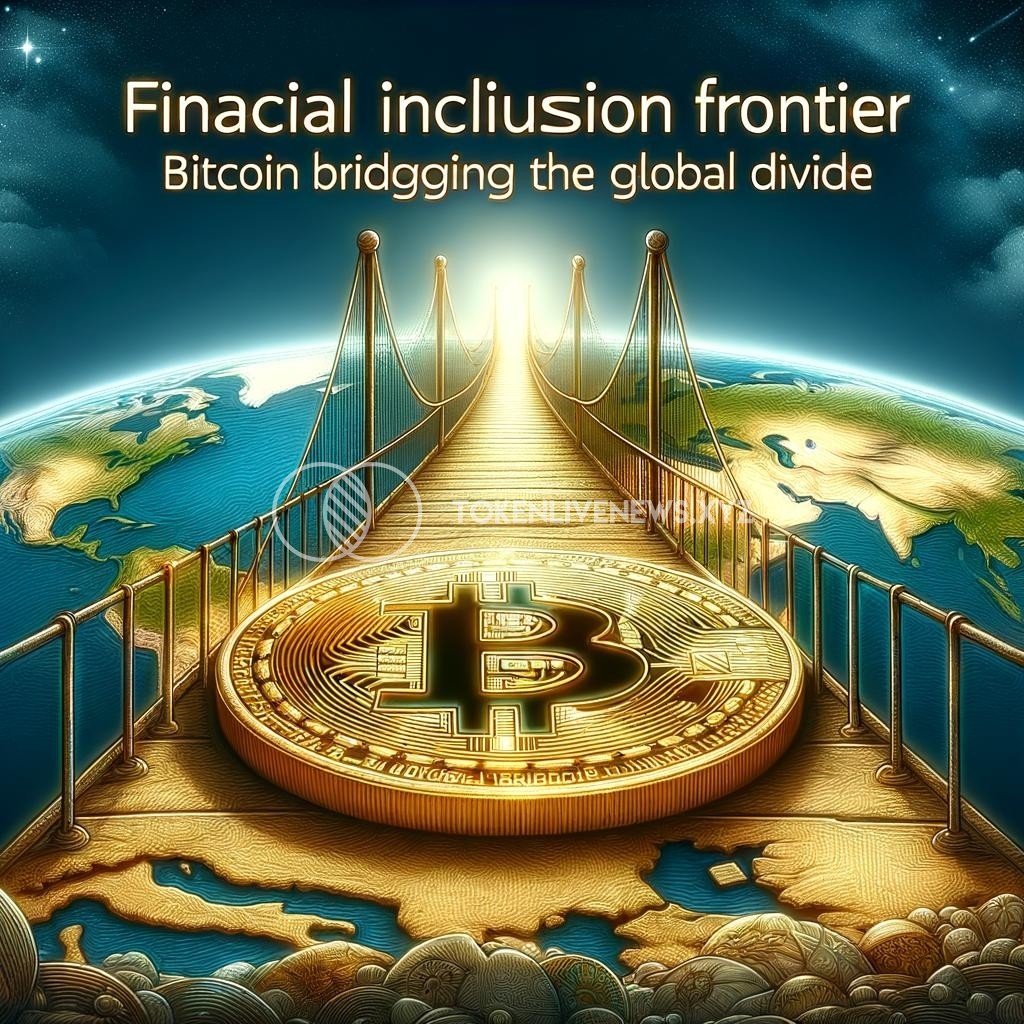Financial Inclusion Frontier: Bitcoin Bridging the Global Divide
In today’s rapidly evolving digital landscape, financial inclusion has become a fundamental goal for societies worldwide. The divide between the financially empowered and the underserved is a pressing issue that needs to be addressed. Fortunately, the emergence of Bitcoin and other cryptocurrencies has paved the way for innovative solutions that have the potential to bridge this global divide.
Bitcoin, the world’s first decentralized digital currency, was created to democratize financial transactions. This cryptocurrency operates on a technology called blockchain, which ensures transparency, security, and immutability. As a result, Bitcoin offers numerous advantages over traditional financial systems, especially when it comes to reaching the unbanked population.
One of the major challenges faced by the unbanked is limited access to financial services, such as banking and credit facilities. Traditional financial institutions often require extensive documentation, credit histories, and physical proximity to open an account or obtain a loan. This exclusivity perpetuates the cycles of poverty and inequality experienced by marginalized populations. However, Bitcoin presents a unique opportunity to extend financial services to the unbanked, regardless of their geographic location or socioeconomic status.
One of the key features that make Bitcoin an ideal tool for financial inclusion is its decentralized nature. Unlike traditional banking systems that rely on intermediaries such as banks or governments, Bitcoin operates independently of any central authority. This decentralized network eliminates barriers, such as steep fees and bureaucratic red tape, making it more accessible to those left behind by traditional finance systems.
Additionally, Bitcoin offers a frictionless and efficient method of conducting transactions. Traditional cross-border transactions can take days, involve high fees, and require multiple intermediaries. Bitcoin, on the other hand, allows for near-instantaneous and cost-effective transactions that are not limited by borders or exchange rates. This capability has the potential to empower individuals in developing countries who rely heavily on remittances from family members working abroad.
Furthermore, Bitcoin’s divisibility is an important aspect that can significantly impact financial inclusion. Unlike many traditional currencies, Bitcoin is divisible to eight decimal places, meaning that even the smallest financial transactions can be accommodated. This feature enables microtransactions, which are particularly essential for impoverished communities where every cent matters. With Bitcoin, individuals can transact in tiny amounts, promoting economic participation and financial empowerment on a micro level.
However, to fully realize the potential of Bitcoin in bridging the global divide, several challenges need to be addressed. First and foremost is the issue of facilitating widespread adoption and education around cryptocurrencies. Many individuals, especially those in underserved communities, are still unfamiliar with the concept of Bitcoin and its benefits. To address this, governments and organizations must invest in educational campaigns to facilitate awareness and understanding of cryptocurrencies’ potential.
Additionally, the technological infrastructure required for Bitcoin adoption, such as access to smartphones and internet connectivity, remains a challenge in many developing regions. Efforts should be made to improve the availability and affordability of these resources to ensure inclusivity and enable broader adoption.
In conclusion, Bitcoin has the potential to act as a bridge in the global divide of financial inclusion. Its decentralized nature, fast and low-cost transactions, and divisibility make it an ideal tool for extending financial services to the unbanked population. However, to fully leverage Bitcoin’s potential, education and infrastructure development are crucial. By working collaboratively, governments, organizations, and individuals can ensure that Bitcoin becomes a transformative force in driving financial inclusion and empowering those who have been left behind by traditional financial systems.







